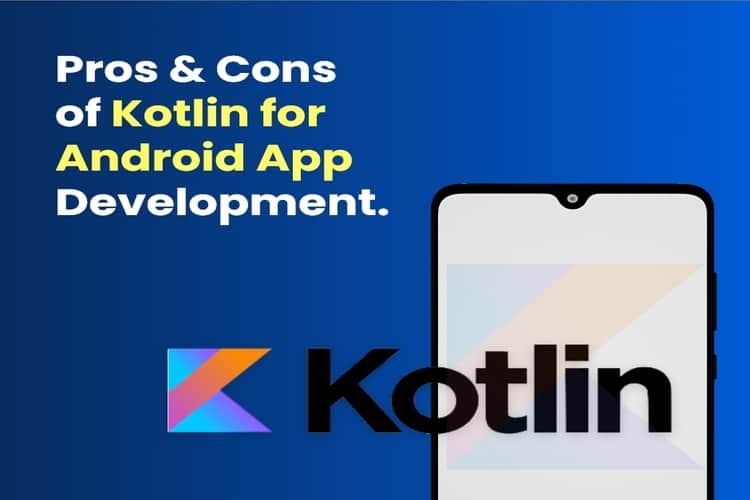Trending Mobile App Design and Development Principles | HIRE MOBILE APP DESIGNER AND DEVELOPER

Hundreds and even thousands of many existing mobile applications having unique as well as admirable and highly commendable user experience in such a way that they have no room for apps just because of average or shabby design and underrating or uninteresting user interface. Mobile app design and development have always played a vital role to leverage the maximum user experience of a mobile app. Being a mobile app designer yourself, you should always make it a point to set a benchmark, to set either new UI or keep staring at your application. The best thing that needs to be done is that it is instead simple if you pay heed to certain UI/UX principles for your mobile app design and development as well as using them in your designing efforts.
Once you start with your mobile app design and development, it becomes necessary that you adopt and embrace the mobile mindset. As a developer, you need to keep in mind that you might need to abandon some of the stuff to fit into the mobile space. Let’s begin with Trending Mobile App Design and Development Principles
1. Put your users – and their goals first
The goal of any mobile app development is that the app you are developing must be clear by its name, its description, and the aesthetics. Each and every unit or minuscule facets or objectives of the app must be focused on having a clear set a goal. No matter whatever is your purpose that your app will be serving, it should be following the target users. Each and every objective should be such that it attracts user engagement.
Once you achieve this and followed this principle thoroughly, you can follow the other one. Moreover, if users are not finding your app an interesting one or appealing one, they will neither respond to you. You can take the example of many different mobile games. As game developers, you need to make them entertain and have more challenges. This will then be needed to be followed will pursue them for in-app purchases. So, understanding the mobile app design from the user’s point of view is very important. Developers need to understand their needs and desires. Developing the app based on what are the user’s requirements or what users needs may result in true business success.
2. App Navigation and Exploration
The app you are designing and developing must be imparting convenience as well as intuitiveness to the users. In practice, a simple UX states that more users are more likely to use your app. Keep your each section and visual module of your app unfold consistently. It should be able to create an outstanding smooth flow. Anything that is complex and difficult to explore comes out of the app may leave the user frustrated.
The icons, buttons as well as other major key elements must be visible to the users. Get rid of hiding them in complex menus and interfaces in any sort can influence many of the users fail to access them. You need to select the correct or the right navigation model for integrating each navigation element in the available screen.
3. Get rid of unnecessary data
Mobile devices have now become more used devices as compared to larger devices. This fact has now been showing that the devices must follow the careful data flow of the app. As mobile processing is limited, these devices cannot handle intense processing or high load, process and display the exact data. This should also be taken in the account regarding the UX of the app i.e the app that doesn’t have the required resources to flow unnecessary information. Moreover, many users do not have the patience or determination to filter the data that they don’t care about.
4. Bigger is better
The text, buttons and other major key elements that you include in the app must also be limited to the people’s vision, dexterity, and finger size. Generally, the thumbs drive 75% interaction in the mobile and even our fingers are more flexible. We have to get better control of our screens when we use them.
A small button or link thus becomes increasingly difficult for the users to click on a first. However, this is not an apt or an accurate navigation gesture when the flexibility of the users is compromised. Thus, all of these all factors must be carefully be taken care of for mobile app design.
Recommended Read: UI/UX Strategies For Mobile App Design in 2020
5. Carefully integrate mobile app design capabilities
The devices on which your app will be installed, you must take what and how capabilities must be integrated into the UI. You need to consider these points:
- At the time of clicking as well as swiping, there may be other users who will not aware of gestures. Kindly note that the gestures that are invisible to the users. Your app must be able to highlight them smartly to drive users’ attention.
- Smartphones and mobile devices have many dissimilarities of keyboards. Actually, it can be very annoying to users if they are forced to select one option if your app needs something for inputting. So, you need to think wisely and allow specific variations of input data to appear automatically.
- The portrait mode is many times a default orientation for many apps. You should not to ignore the usefulness of the landscape orientation if there is a need for typing.
6. Honor the needs of different platforms
In the case of iOS and android app development, if you are planning to extend the features and functionality from one application to the other one or if you are developing a platform-independent app. You need to make sure your mobile app design has the required flexibility. Moreover, the majority of the focus should be such that it must be compatible with different platforms. If you find it difficult, then you should invest in different app versions for different platforms. All of these things depend on your targeted audiences and their preferred platforms.
7. Always test everything that you create or build, looking for ways to improve it
When it comes to testing and verification, your team should always think about quality assurance. The testing that is done for app functionalities needs to be done to make sure there are no bugs and gets compiled without any errors or inconsistencies. You need to use different usability tests such as remote testing. User testing should be done to make sure you can truly satisfy your customers.
Also Read: How to Build a Budget-Friendly Mobile App for your Business?
Conclusion
In order to stay competitive in this emerging world of mobiles, you need to excite your users with something new. If you use these strategies, your mobile app development as well as the design may result in better user engagement and satisfaction.
So this was a blog on Trending Mobile App Design and Development Principles. Hope you like it.










